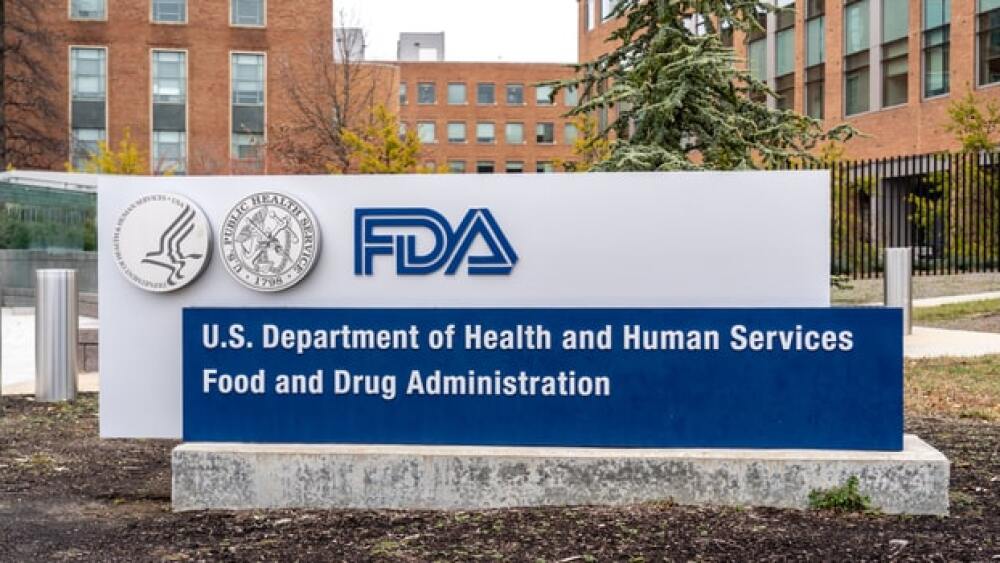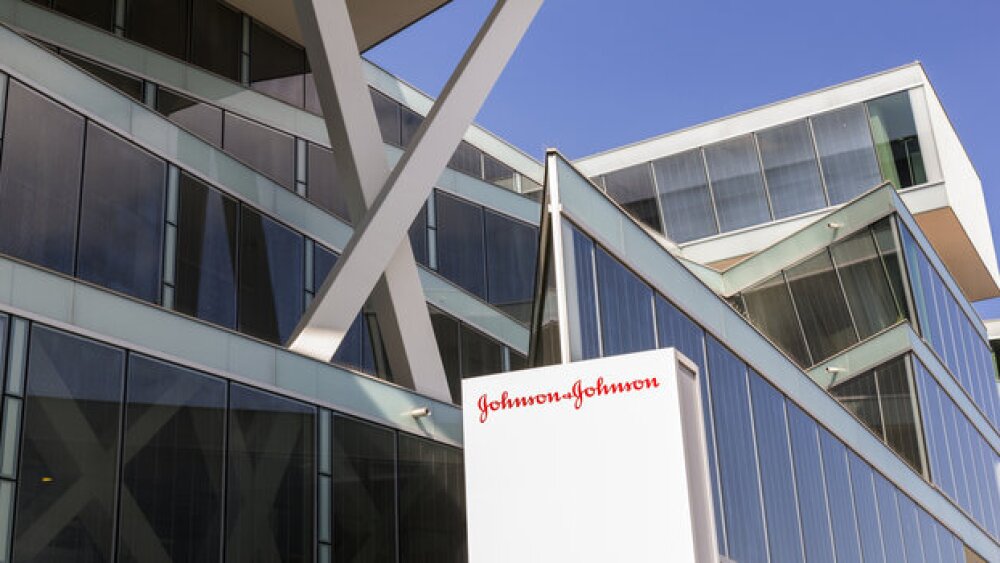October 4, 2017
By Alex Keown, BioSpace.com Breaking News Staff
WALTHAM, Mass. – With a focus on developing the first glycoimmune checkpoint inhibitors to treat cancer, Palleon Pharmaceuticals launched this week with $47.6 million in Series A funding from big pharma.
The startup is helmed by Jim Broderick, the co-founder and chairman of the board of directors at Ra Pharmaceuticals and SetPoint Medical. In a statement, Broderick said Palleon was “spawned by bringing together new findings in glycoscience and human immunology, which resulted in unexpected implications for oncology.”
Palleon’s Series A funding was backed by leading biotech venture investors including GlaxoSmithKline’s corporate venture capital arm SR One. For about a year, Broderick served as entrepreneur in residence at SR One, according to his LinkedIn profile. Palleon was originally incubated in the Cambridge offices of SR One. Additional backers of Palleon include Pfizer Ventures, Vertex Ventures HC, Takeda Ventures and AbbVie Ventures.
“Within the dynamic field of immuno-oncology, Palleon has forged an entirely new pathway for targeting the immune system. The unique features of Glycoimmune Checkpoints will make possible a much wider range of rational combination therapies to treat cancer,” Jen Eckstein, head of SR One said in a statement. “Palleon is built on the discoveries of its exceptional scientific founders who have identified Glycoimmune Checkpoints as a means to transform the treatment of cancer and improve and extend the lives of patients throughout the world.”
The Series A funding will be used to develop a first-in-class pipeline targeting glycoimmune checkpoints, which Palleon described as “receptors on immune cells that normally distinguish “self” versus “non-self” but get exploited in cancer to create immunosuppression that allows tumors to thrive.” Glycoimmune checkpoints are similar to T-Cell inhibitors, but there are some differences, Palleon said. Glycoimmune inhibitors are activated by binding to cell-surface glycans – the sugar molecules found on cell surfaces - rather than to other proteins, and they are expressed in a wider range of immune cells involved in the anti-cancer response, including both innate and adaptive immune cells. Additionally, Palleon said that glycoimmune checkpoints appear to be exploited by most cancer types. The glycan signature of each tumor also can provide key information as to which patients might respond to this type of therapy, the company said.
As the fledgling company moves forward, Palleon said it has brought together multiple technologies that will allow it to overcome the “historic scientific barriers” that have made glycoscience a difficult area of study. The technologies will allow the company to focus on target validation, in vitro and in vivo models, as well as translational research.





